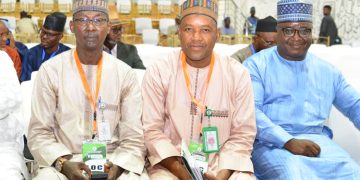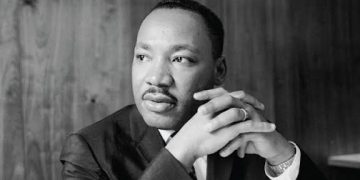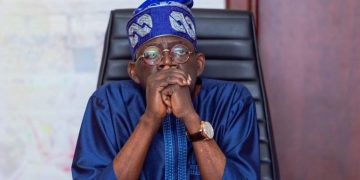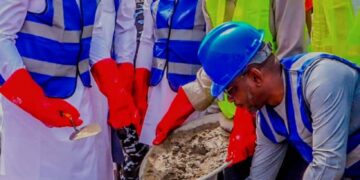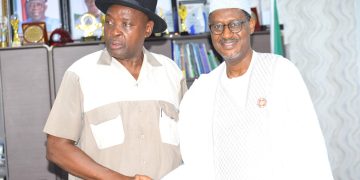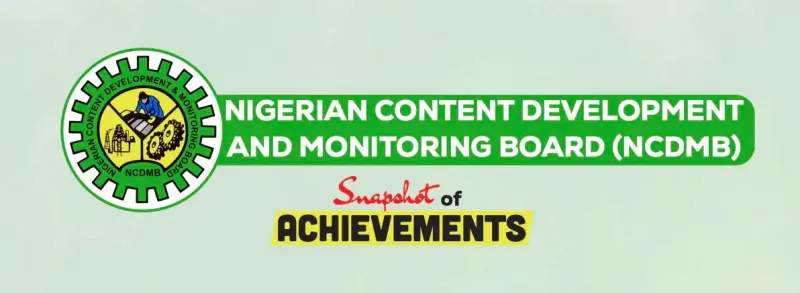Nigeria is one of the richest countries in the world, in fact, the richest in Africa, yet it still struggles on Independence Day. On October 1, 1960, Nigeria broke free from British colonial rule. It was a moment of triumph, celebrated as the dawn of sovereignty for Africa’s most populous nation. Today, sixty-five years later, Nigerians are once again waving the flag, but many are asking: independence from whom, and for what?
While the Union Jack was lowered in 1960, true independence remains elusive. Nigeria still relies heavily on oil revenues, foreign loans, and international markets. Its economy is plagued by inequality: while Africa’s richest man, Aliko Dangote, built a multibillion-dollar empire with government and family support, most Nigerians live below the poverty line, struggling to afford food, healthcare, or education.
This gap between wealth and poverty is a stark reminder that independence is more than political symbolism. Without economic justice, sovereignty is fragile.
To mirror Nigeria’s age, consider an individual at 65. One expects retirement security, reliable healthcare, and dignity after decades of service. Yet Nigeria’s own retirees often go unpaid, neglected after dedicating their lives to public service. In a country with fragile pensions and collapsing healthcare systems, old age is less about dignity and more about survival.
A 65-year-old nation should embody stability, wisdom, and maturity. Instead, Nigeria finds itself caught in a midlife crisis rich in resources but impoverished in delivery.
Since 1960, successive governments have promised electricity, roads, schools, and hospitals. Yet, 65 years on, Nigeria cannot boast of a 24-hour power supply, quality public healthcare, or a functioning education system. Leadership, not resources, is Nigeria’s greatest deficit.
We are proud to be Nigerian, but we cannot honestly say that we are proud of our leaders.
Governments are not abstract institutions; they are human beings entrusted with public resources. But instead of accountability, Nigeria’s leadership has too often chosen corruption and self-preservation. The cost is borne by ordinary Nigerians who endure poverty, unemployment, and insecurity.
Tragically, this insecurity continues to claim innocent lives. Just before Independence Day, Somtochukwu Maduagwu, an anchor with Arise TV, met her untimely death while trying to escape a robbery attack. Her loss is not isolated it is a painful reminder of the many Nigerians who have died due to preventable violence and insecurity. Like millions of others, her death underscores the human cost of failed leadership.
Independence Day, therefore, is less a celebration of freedom than a reminder of promises unfulfilled.
At 65, Nigeria should be investing in its people its youth, who are leaving in droves through migration, and its elderly, who are abandoned after a lifetime of service. Independence should mean more than flag-raising and parades; it should translate into justice, dignity, and opportunity for all citizens.
In loving memory of Somtochukwu Maduagwu and the millions of Nigerians whose deaths were avoidable, may this Independence Day mark a turning point. Until then, Nigeria’s independence remains symbolic, not substantive.
Happy Independence Day but the work of nation-building is far from done.
Daniel Okonkwo is a seasoned writer, human rights advocate, and public affairs analyst, renowned for his thought-provoking articles on governance, justice, and social equity. Through his platform, Profiles International Human Rights Advocate, he consistently sheds light on pressing issues affecting Nigeria and beyond, amplifying voices that call for accountability and reform. He is also a professional transcriptionist and experienced petition writer, with over 1,000 published articles to his credit on Google. Many of his works have been featured in Sahara Reporters and other major news outlets. In addition, he works as a ghostwriter, freelancer, and journalist.











